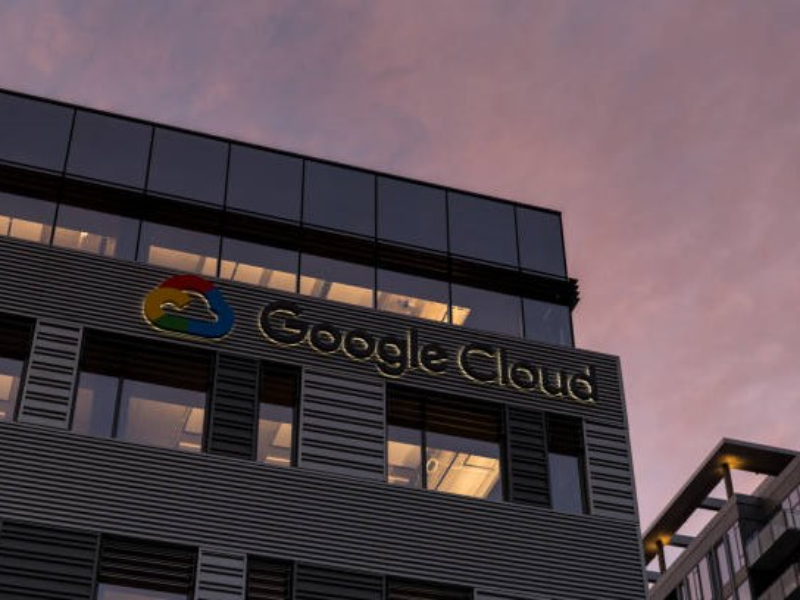- Google Cloud plans to continue its challenge against Microsoft’s licensing practices, despite Microsoft’s deal with Cloud Infrastructure Services Providers in Europe (CISPE).
- Amit Zavery expressed hope for regulatory remedies to address Microsoft’s anti-competitive behavior and to promote market choice and innovation.
OUR TAKE
The battle between Google Cloud and Microsoft over cloud licensing practices underscores a need for market fairness and open competition, especially amid the AI revolution. Google’s call to regulators aims to prevent monopolistic strategies that limit choice and stifle innovation.
–Jasmine Zhang, BTW reporter
What happened
Alphabet unit Google Cloud will continue to challenge Microsoft’s licensing practices despite a recent deal Microsoft made with the trade body CISPE to resolve an antitrust complaint. Amit Zavery, head of Google Cloud, stated that various regulatory bodies are investigating Microsoft’s licensing practices and expressed hope for remedies to prevent Microsoft’s anti-competitive behavior. Google Cloud is exploring options to promote choice, innovation, and the growth of the digital economy in Europe.
Google Cloud has long been critical of Microsoft’s cloud licensing practices, which have been seen as restrictive and anti-competitive. The issue escalated as Microsoft’s policies limited the ability of customers to use their Microsoft licenses on competing cloud services like Google Cloud Platform (GCP), Amazon Web Services (AWS), and others. This led to allegations that Microsoft was pushing customers towards its Azure service through its Azure Hybrid Benefits program, effectively creating a “walled garden” and stifling competition and innovation.
Also read: Microsoft drops OpenAI board observer seat amid scrutiny
Also read: Google lays off at least 100 jobs across its cloud unit
Why it’s important
The ongoing battle between Google Cloud and Microsoft over cloud licensing practices highlights a critical issue in the tech industry: market fairness. Google’s stance is a call to arms for regulators to ensure a level playing field, especially as we stand on the brink of an AI revolution.
Microsoft’s strategies, seen as monopolistic, not only limit customer choice but potentially stifle innovation across the entire digital economy. This dispute isn’t just about corporate rivalry, it’s about the future landscape of technology and the need for open competition.
As Google Cloud presses forward, it’s imperative that regulatory bodies heed this call and establish clear, fair guidelines that prevent market giants from creating insurmountable barriers. The outcome of this battle could shape the tech world for decades, making it a crucial watch for anyone invested in the future of cloud computing and AI.

